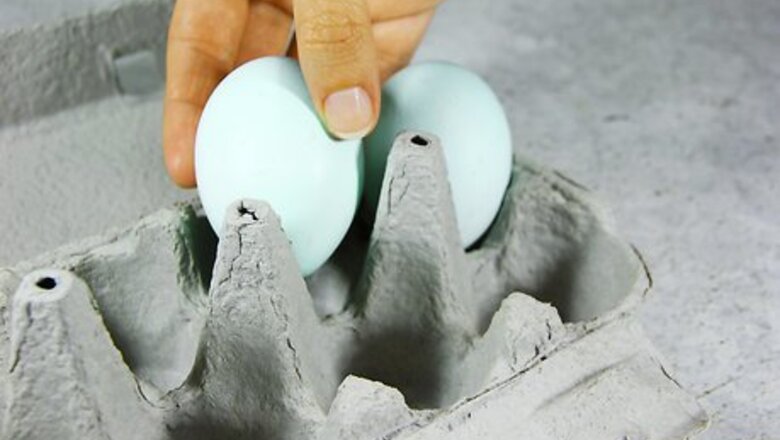
views
Keeping Eggs in the Fridge
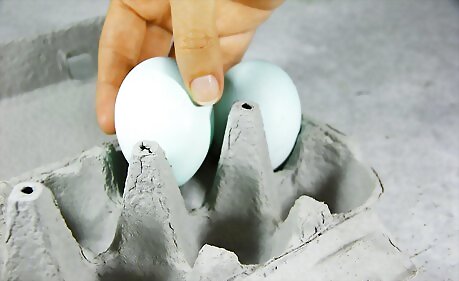
Store the eggs in an egg carton. Since duck eggs are about twice the size of regular chicken eggs, they may not fit as easily in a reused carton. To keep duck eggs in a chicken egg carton, use rubber bands to hold the carton shut. They may fit more easily inside jumbo egg containers. Special egg cartons made for duck eggs can be purchased online for easier storage.
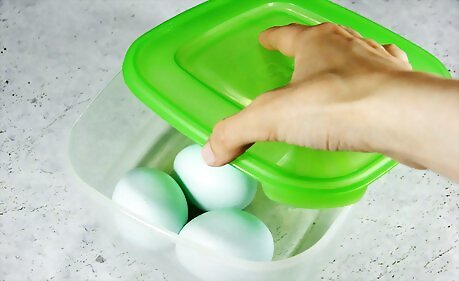
Use a resealable plastic container if the eggs don’t fit in a carton. Use a glass or plastic container that can fit multiple eggs. Be gentle with the container so none of the eggs crack as you transport them or move them around. Keep a lid on the container to keep them protected. Keep them out of contact with other foods so bacteria does not transfer.
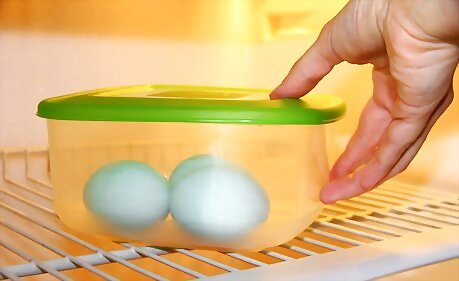
Place the eggs on a shelf so they stay at a constant temperature. If you keep eggs on the fridge door, they will go through temperature changes each time you open the door. To avoid the risk of food poisoning, store the duck eggs on one of the shelves.
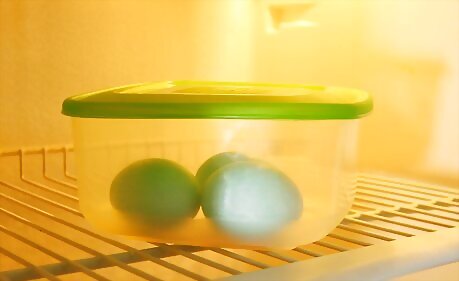
Keep the eggs for 6 weeks. Duck eggs have a thicker shell than chicken eggs so they stay fresher for longer. If you crack an egg and it has a rancid, sulfur smell, the egg has spoiled and should not be used. To test the freshness of your eggs, put the egg in a glass of water. If it sinks, it is okay to eat. If the egg floats to the top, it has spoiled.
Freezing the Duck Eggs
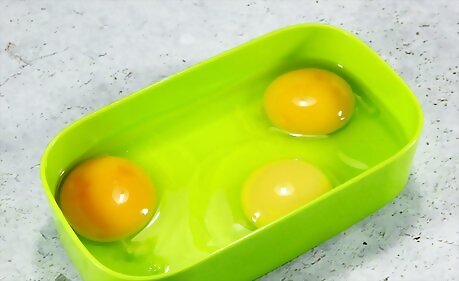
Crack the eggs into a freezer-safe container. Eggs cannot be frozen in their shells because they will expand and break as they freeze. Use a glass or plastic container with a lid for storage. Eggs can also be frozen in ice cube trays if you cover them with plastic wrap.
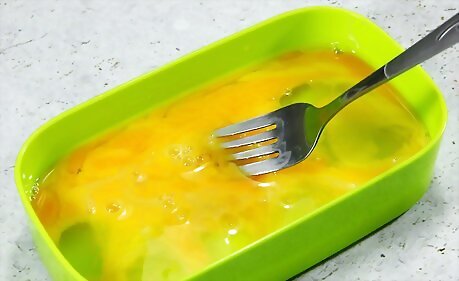
Stir the egg whites and yolks together. Mix the yolks and egg whites gently with a fork. Stir them together slowly so no additional air is added to the mix. Added air pockets are important when scrambling eggs since it makes them fluffier, but it will not have the same effect once you freeze them. The egg whites and the yolks can be stored separately if you want.
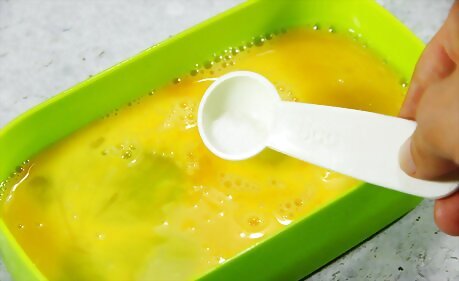
Add ½ tsp (2.5 g) of salt per 1 cup (240 ml) of the mixture to stabilize the yolk. Though it’s not a required, you may want to add salt so the texture of the egg is not affected. Label that you’ve added salt to the eggs so you can adjust future recipes accordingly. You can substitute a pinch of cornstarch or ⁄2 teaspoon (2.5 ml) of honey for a similar effect.
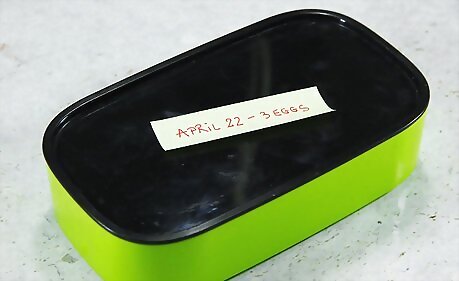
Label the container with the date and how many eggs there are. Use a food label or a piece of masking tape to label how many eggs you’ve cracked and when you prepared them. Remember to label if you added salt for preservation.
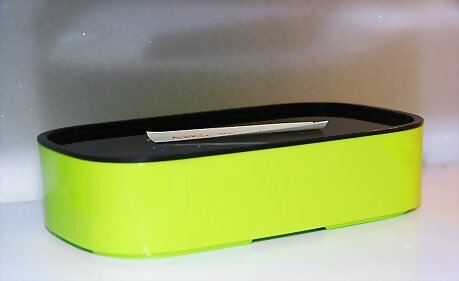
Freeze the eggs for up to 6 months. Though some farmers are able to keep eggs in sanitary freezer conditions for 12 months, frozen eggs develop bacteria over time that can cause intestinal infection. It’s recommended that frozen eggs are only used in baked goods or long-cooked foods.
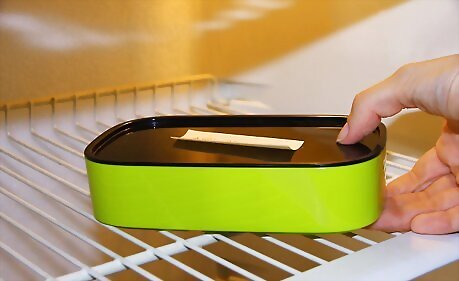
Thaw them in the fridge. Move the eggs the day before you plan to use them so they have time to thaw at a safe temperature.About 3 tablespoons (44 ml) of the egg mixture will equal 1 egg in your recipe. Don’t thaw the eggs on the counter since it will put your eggs at room temperatures for unsafe amounts of time.

















Comments
0 comment